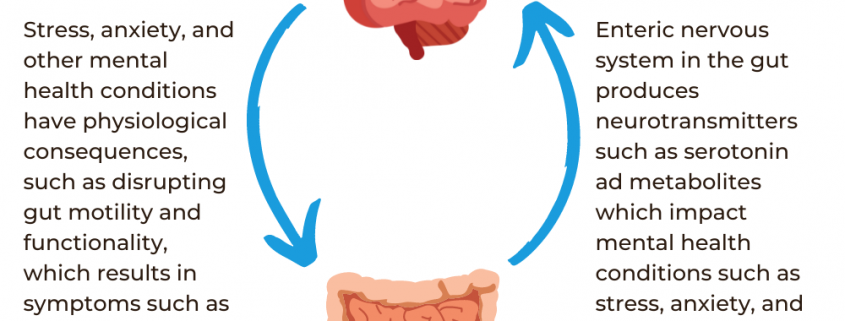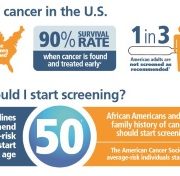Unlocking The Gut-Brain Connection | Mental Health Awareness Month 2022
May is #MentalHealthAwarenessMonth, a time to amplify the stories of the millions of Americans experiencing mental health conditions as well as promote valuable resources and information concerning mental health statistics and treatment options. Using the hashtag #TogetherForMH, you can share your story or explore other’s across social media platforms.
During the pandemic, global prevalence of anxiety and depression has increased by at least 25%, according to the World Health Organization. Nearly 56% of all young adults report symptoms of anxiety and depression. What’s more, negative impacts of pandemic stressors have leached into daily life as well: 36% of adults report difficulty sleeping, 32% report issues with eating, 12% report increases in alcohol consumption and substance abuse, and 12% report worsening of pre-existing chronic conditions.
In the midst of this unprecedented mental health crisis, finding treatment options that are beneficial and sustainable is of the utmost importance. Of course, seeking help can be difficult. Small steps, such as discussing your symptoms with your doctor, a psychiatrist, or even beginning with a trusted relative or friend, is essential. The National Institute of Mental Health has compiled these valuable resources, such as the National Suicide Prevention Lifeline, the Mental Health Information Glossary, and a Tips for Talking to Your Mental Health Provider Factsheet.
What is the Gut-Brain Connection?
As gastroenterologists, we treat a variety of digestive conditions, such as Inflammatory Bowel Disease (IBD), Colon and Colorectal Cancer, Heartburn, Acid Reflux, and GERD, Constipation, and much more.
These digestive conditions may sound completely removed from mental health disorders such as depression and anxiety, but they are actually explicitly linked. In recent years, we’ve discovered that there’s a “second brain” in the gut, often referred to as the enteric nervous system (ENS), which directly responds to physicochemical stimuli, produces serotonin and other chemicals that affect how the brain works, and even regulates immune response. This leads to the “gut-brain connection” (GBC), which is the back-and-forth relationship between gut health and brain health. Many functional bowel conditions, such as irritable bowel syndrome and functional dyspepsia, and their symptoms, such as bloating, constipation, diarrhea, occur more frequently in people who experience anxiety, depression, and emotional shifts. Essentially, we’ve found that addressing mental health conditions and keeping stress under control can result in relief from certain digestive conditions; while, in turn, treating your digestive conditions and gut health can help improve your mental health.
New research, published in Molecular Psychiatry this month has found links between certain immune abnormalities in the brain and the gut in people with idiopathic autism. Another study found the impacts of gut microbiome diversity and intestinal flora on your food cravings, and another found connections between certain microbial composition and whether or not you’re a “morning person” or “night owl.” Certainly, we are at the forefront of understanding the numerous impacts of the gut-brain connection.
How can you begin to address your gut health?
We’ve written a lot about this! Beyond seeking diagnosis and treatment for specific medical conditions, you can improve the diversity of your gut microbiome through eating specific foods, taking probiotics, exercising, getting more sleep, and finding ways to manage stress. If you’re interested in learning more about the “#guthealth” trend that has taken the internet by storm, read our blog here. If you want to read more about diet, and in particular the importance of fiber, read our blog here.
The experienced team at Gastroenterology Health Partners is here for you if you are concerned about your gut health or have other gastroenterological issues. For more information or to schedule an appointment at one of our Kentucky or Southern Indiana offices, contact one of our practice locations near you.













